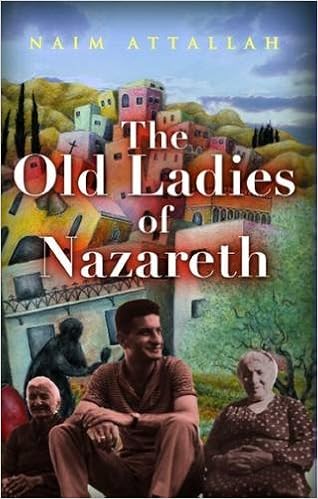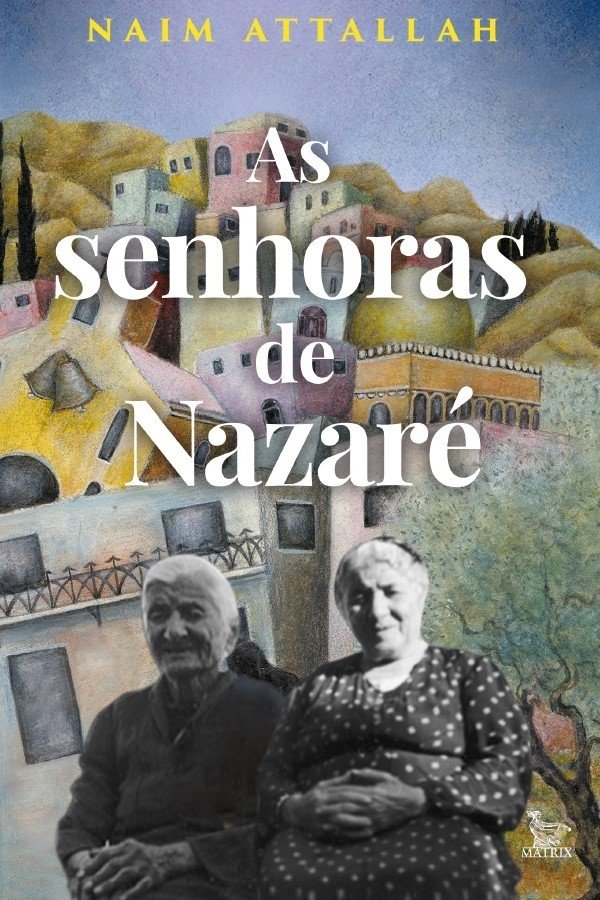We published a new edition of Waugh on Wine in 2019. As it’s English Wine Week, I thought I’d post the Wine Spectator’s review of Waugh on Wine…
Waugh on Wine: Bad Wine Hosts Should Be ‘Exposed, Ridiculed and Humiliated’
English provocateur Auberon Waugh’s wine—and weed—witticisms have been republished in a new volume. Plus, legal blues for blue wine

Auberon Waugh, the late English writer and wit, famously hated many things—but few more than bad wine and bad hosts. The bon vivant and troublemaker once described a wine as “a collapsed marquee fallen into a rotting silage pit” and wrote that “hosts who skimp on their wine should be exposed, ridiculed and humiliated.” These and other withering critiques, pensees, bon mots and general tidbits of advice appear in the classic collection of the author’s writings Waugh on Wine, republished last month by Quartet Books after decades out of print.
Waugh, son of the novelist Evelyn, went by “Bron,” but unlike the other wine-loving, trash-talking Bron, had a less-than-auspicious early career. Rusticated (a fancy word for expelled) by his professors at Oxford University, he joined the national service, where, upon becoming annoyed by his faulty machine gun, he shook the barrel and accidentally fired several bullets into his chest. He lost his spleen, one lung, several ribs, and a finger.

That put him in a permanent mood to pen such pronouncements as “bad Spanish wine furs the tongue, turns the breath sour, upsets the stomach and produces a murderous hangover” and “it has been said that if you leave an Italian with a butt of rainwater, four mail-bags of mislaid holiday postcards and a hundredweight of banana skins, he will produce twenty cases of vino di tavola within a fortnight” (not necessarily an insult!). Naim Attallah, who owns Quartet and was good friends with Waugh, told Unfiltered via email, “I decided to republish this book simply because Bron was funny, contrary and entertaining.”

Some of Waugh’s wine wisdom is dated, of course—the original volume was published in 1987 and Waugh died in 2001—but he was ahead of his time on the wine and weed trend, advising that kabinett and spätlese Rieslings are “the only wines I have discovered which go well with pot, having a soothing and fragrant influence.”

In the new intro, Attallah praises his chum’s “unsnobbish approach to wine” and remembers Waugh’s reaction when he gifted him a 1947 Cheval-Blanc on his birthday: “The joy on his face as he held the bottle in his hand … is still etched in my memory.” Some classics can please even the greatest contrarians.
Bron’s work lives on forever. God bless him.
Waugh on Wine is an essential read for all wine lovers and you can get a copy here: https://www.quartetbooks.co.uk/shop/waugh-on-wine/



